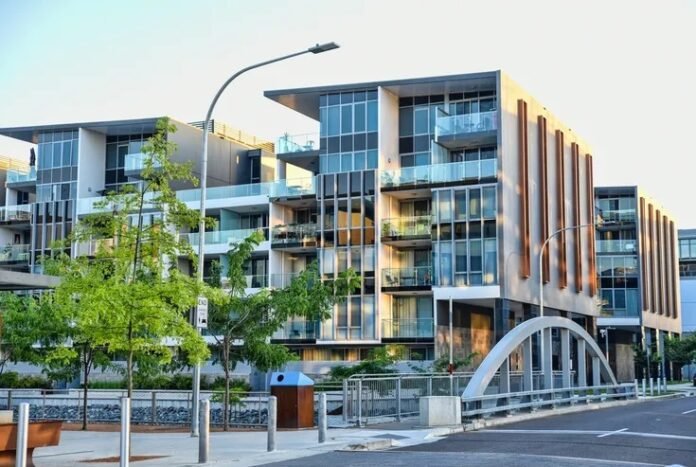Managing a building efficiently is crucial for maintaining property value, ensuring tenant satisfaction, and preserving the building’s functionality and aesthetics. Building management plays a pivotal role in addressing the diverse needs of property owners and occupants in a bustling city like Melbourne. Effective management encompasses a range of services, including maintenance, security, and financial oversight, all of which contribute to a well-run property.
The demand for professional construction management has surged in Melbourne due to the city’s rapid growth and development. Property owners and investors recognise the importance of employing skilled managers to handle the complexities of modern construction. With professional building management in Melbourne, property owners can ensure their investments are well-maintained, and tenants receive high-quality service, fostering a positive living or working environment.
Core Benefits of Building Managers
1. Maintenance and Repairs
One of the major benefits of hiring a building manager is to oversee maintenance. This comprises periodic inspections to identify potential issues before they escalate, ensuring all systems function correctly and addressing repair needs promptly. Frequent supervision extends the lifespan of construction components and enhances tenants’ overall safety and comfort. Construction managers help prevent costly emergency repairs and minimise disruptions by maintaining a proactive approach.2. Security Management
Security is a top priority for any building, and professional managers are tasked with implementing comprehensive security measures. This involves coordinating with security personnel, installing and maintaining surveillance systems, and ensuring access control procedures are in place. Effective security management helps protect residents and property, creating a safe environment. Managers also stay updated on the latest security technologies and practices to enhance construction security continuously.3. Financial Oversight
Professional building management includes meticulous financial oversight. Managers handle budgeting, accounting, and financial reporting, ensuring all financial aspects are managed transparently and efficiently. This includes collecting rent or fees, managing expenses, and planning for long-term financial needs such as major repairs or upgrades. Accurate financial management ensures the building operates within its budget and resources are allocated effectively, maintaining financial stability.4. Tenant Relations and Services
Maintaining positive tenant relations is essential for the smooth operation of any construction. Professional managers act as the main point of contact for tenants, addressing concerns, handling disputes, and ensuring a high level of service. They also coordinate tenant services such as cleaning, waste management, and maintenance requests. By fostering good relationships with tenants, managers contribute to higher tenant satisfaction and retention rates, benefiting property owners.5. Regulatory Compliance
Guiding the complex landscape of regulations and compliance is another critical aspect of building administration. Managers must ensure the construction adheres to local, state, and federal regulations, including safety codes, health standards, and environmental laws. Routine audits and inspections are conducted to verify compliance, and necessary updates or modifications are implemented promptly. Staying compliant helps avoid legal issues and penalties, ensuring the operations run smoothly.Future Trends in Building Management
As technology advances, the field of building management continues to evolve. One growing trend is the integration of smart technologies, which utilise the Internet of Things (IoT) to enhance construction operations. Smart systems can monitor energy usage, control lighting and HVAC systems, and improve security measures through real-time data analysis. These technologies offer increased efficiency, cost savings, and a more sustainable approach to building management.Sustainability is also becoming a significant focus in the industry. Managers are increasingly adopting green practices, such as energy-efficient lighting, water conservation measures, and waste reduction programs. Sustainable construction management reduces environmental impact, appeals to environmentally conscious tenants, and can lead to cost savings over time.
Professional building management in Melbourne is essential for maintaining property value, ensuring tenant satisfaction, and navigating the complexities of modern constructions. By employing skilled managers, property owners can ensure their investments are well-maintained, and their tenants receive high-quality service.
